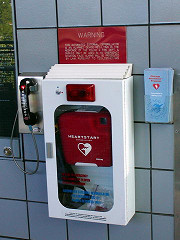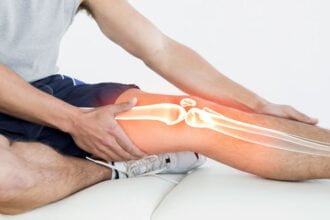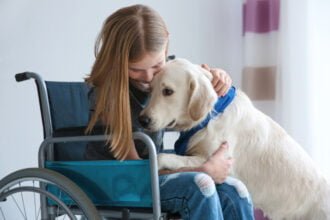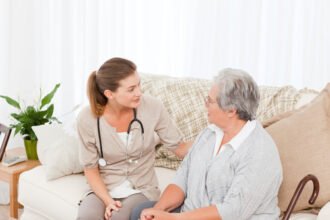Amid all of the buzz around Mother’s Day this past weekend, little attention was given to a study that could potentially save thousands of lives. Researchers from the University of Pennsylvania Perlman School of Medicine found that in 75 percent of cases, automated external defibrillators (AEDs) are too far away from cardiac arrest victims for the devices to have the best chance at saving lives.
They believe this is an important clue in the quest to improve cardiac resuscitation rates in the United States, which remain at a dismal 10 percent, despite the widespread availability of CPR and AED classes. Chances of survival drop by about 10 percent with each minute that passes without CPR and defibrillation, so survival rates for patients that get shocked six minutes or more after arresting are very low.
Over one million AEDs are available in public buildings — from airports to schools. Yet, as the researchers observed, “they’re not subject to the same FDA regulations as implantable medical devices, it’s unclear exactly where all the devices are, and whether they’re in places where people are most likely to suffer cardiac arrests.” This study looked at whether AED and cardiac arrest victim locations matched up.
Informing the general public about the location of these devices are a large part of the challenge. ”Much too much time is wasted trying to find one, senior author Raina Merchant, MD, MS, an assistant professor of Emergency Medicine, said in a press release. Those seconds and minutes are often the difference between life and death.
Over a decade ago, the American Heart Association noted that emergency medical personnel rarely arrive on scene within the critical five-minute window needed to save most lives. Therefore, community training of CPR and AED should augment emergency services until professional help arrives.
Obviously, knowing how to use an AED properly is important, and most devices now include written or even audio instructions. However, none of this is of any use if a potential rescuer cannot locate the device, or if it’s stored too far away to be useful.
The Penn researchers conducted the “MyHeartMap Challenge”, a crowd sourcing contest that asked Philadelphians to use a special smartphone app to find and map the locations of all of the city’s AEDs. More than 1,500 AEDs in 800 separate buildings were found and tagged. That information will go into a new smartphone app to help bystanders easily locate the nearest AED during an emergency.
Additionally, 9-1-1 operators will have these locations available on their computers to help samaritans find the nearest device as quickly as possible.
This project needs replication in every city, town, and community in the U.S. Perhaps even take it one step further and attach an emergency locator beacon right to the AED location; a user could activate a mobile app that will direct him or her to the exact spot – something that may help to shave crucial time off the process when someone is in an unfamiliar building.
The residents of Philadelphia will surely benefit from this study. It seems to me that the FDA needs to take another look at its AED policy. It’s time for them to provide incentives — or perhaps even mandate if necessary — that other localities map and provide easy access to AED locations too.
There has been some controversy over these devices — the FDA site lists a number of product recalls over the past several years. However an External Defibrillator Improvement Initiative is underway including a new path to design and engineering best practices.
I just hope they also include best practices to get these devices into the hands of the nearest citizen rescuers.









